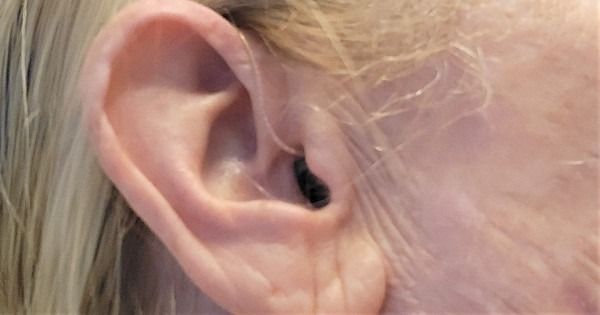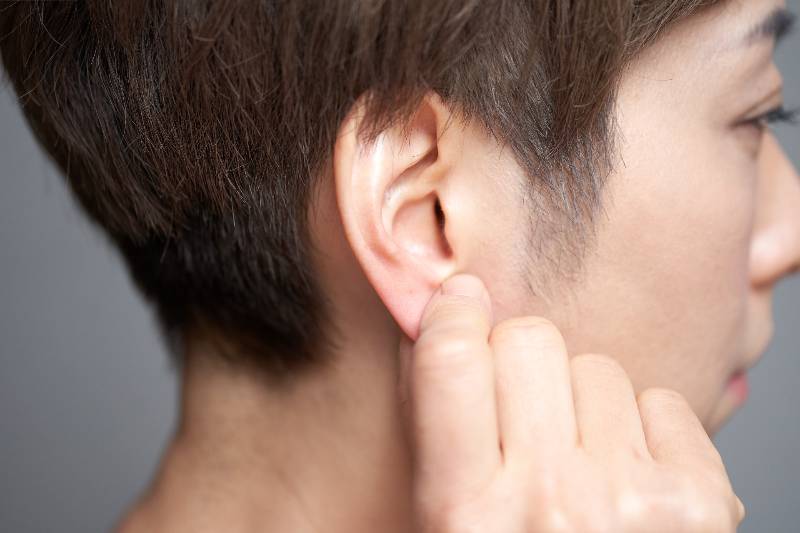Introduction
The Importance of Vaccination in Preventing Meningitis and Hearing Loss
Vaccination plays a crucial role in preventing meningitis and, consequently, hearing loss in children. Most types of bacterial meningitis are vaccine-preventable, and vaccines have been developed for some of the most common strains, including Haemophilus influenzae type b (Hib), Streptococcus pneumoniae, and Neisseria meningitidis. Vaccinating your child according to the recommended immunization schedule can significantly decrease their risk of contracting meningitis and developing hearing loss.
Parents should consult with their pediatrician to ensure that their child receives all the necessary vaccinations. It is also essential to be aware of any vaccine updates or changes to the immunization schedule. In addition to protecting your child, vaccination also contributes to herd immunity, protecting vulnerable individuals within the community who cannot be vaccinated due to medical reasons.
Recognizing the Early Signs of Hearing Loss After Meningitis
Early detection of hearing loss after meningitis is crucial for successful intervention and treatment. Parents should be aware of the potential signs of hearing loss in their child, especially if they have recently recovered from meningitis. These signs may include difficulties in speech development, not responding to loud noises, frequently asking for repetition or turning up the volume on devices, and difficulty understanding speech in noisy environments.
If you suspect that your child may have developed hearing loss after meningitis, it is essential to consult with a healthcare professional immediately. A thorough evaluation, including a hearing test, can determine the extent of the hearing loss and recommend appropriate interventions. Early intervention can significantly improve your child’s communication abilities and overall quality of life.
AMZ-Lexie Lumen Self-Fitting OTC Hearing Aids
Experience the Ultimate Sound Quality with Lexie Lumen self-fitting OTC hearing aids. These remarkable devices utilize dual microphones to deliver crystal clear sound, immersing you in a world of auditory excellence. Say goodbye to communication struggles in public spaces or on phone calls, as our Telecoil functionality directs speech directly to your hearing aids via an induction loop system. Rediscover the joy of hearing with unmatched clarity and precision.
Embrace an Active Lifestyle with Lexie Lumen hearing aids. Our cutting-edge sweatproof technology, including Nano coating, safeguards against moisture damage, allowing you to wear your hearing aids during outdoor activities like walks, runs, and open-air events. With Lexie, you can live life to the fullest without compromising on the quality or lifespan of your devices. Don’t let hearing loss hold you back—experience the freedom of superior hearing with Lexie Lumen self-fitting OTC hearing aids.
How Cochlear Implants Can Help with Meningitis-Related Hearing Loss
Cochlear implants are a groundbreaking technology that can help children with severe to profound meningitis-related hearing loss. These devices bypass the damaged parts of the inner ear and directly stimulate the auditory nerve, allowing the child to perceive sound. Cochlear implants can significantly improve a child’s ability to hear, understand speech, and communicate with others.
The decision to pursue cochlear implantation should be made in consultation with a team of professionals, including an audiologist, speech-language pathologist, and an otologist or otolaryngologist. The child will also require ongoing support, such as speech therapy and auditory rehabilitation, to maximize the benefits of the cochlear implant. Parents should be aware that while cochlear implants can greatly improve hearing, they do not restore normal hearing.
Navigating the Emotional and Social Impact of Meningitis-Related Hearing Loss
The emotional and social impact of meningitis-related hearing loss can be significant for both the child and their family. Children with hearing loss may experience feelings of isolation, frustration, and low self-esteem, which can affect their social interactions and academic performance. Parents should be aware of these challenges and provide a supportive and understanding environment for their child.
Seeking support from professionals, such as audiologists, speech-language pathologists, and psychologists, can help families navigate the emotional and social challenges associated with meningitis-related hearing loss. In addition, connecting with other families who have experienced similar situations can offer invaluable support, encouragement, and practical advice. Encouraging open communication and fostering strong relationships within the family can also help build a solid foundation for dealing with the challenges that may arise.
The Role of Patient Advocacy in Shaping the Future of Meningitis and Hearing Loss Research
Patient advocacy plays a crucial role in shaping the future of meningitis and hearing loss research. Advocacy groups and individuals can raise awareness of the issues faced by those affected by meningitis-related hearing loss, lobby for increased funding for research, and campaign for improved access to care and support services. These efforts can lead to advancements in prevention, diagnosis, and treatment, ultimately improving the lives of those impacted by meningitis and hearing loss.
Parents of children with meningitis-related hearing loss can become powerful advocates by sharing their stories, joining advocacy organizations, and participating in awareness campaigns. By collaborating with researchers, healthcare professionals, and policymakers, patient advocates can help drive progress in understanding and addressing the challenges of meningitis and hearing loss.
Conclusion
Understanding the connection between meningitis and hearing loss is crucial for concerned parents. Being aware of the importance of vaccination in preventing meningitis, recognizing the early signs of hearing loss, and knowing about available treatment options can empower parents to make informed decisions for their child’s health and well-being. Navigating the emotional and social impact of meningitis-related hearing loss is also essential in providing a supportive environment for the child and the family. Finally, patient advocacy plays a key role in driving progress in research, which can ultimately lead to better prevention, diagnosis, and treatment options for meningitis and hearing loss.







